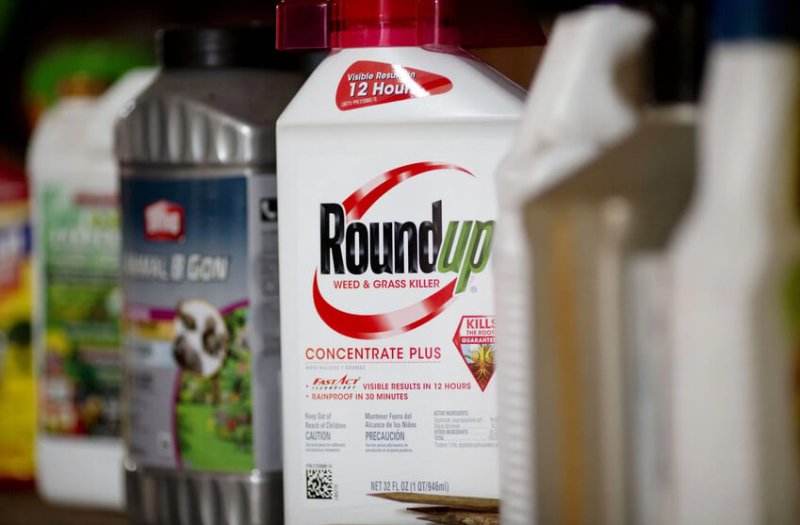An example of this phenomenon unfolded in textbook fashion two years ago following the publication of a meta-analysis alleging that the weedkiller glyphosate, originally developed by Monsanto (now owned by Bayer) in the 1970s and often paired with GM crops, increases cancer risk. “Common weed killer glyphosate increases cancer risk by 41%, study says,” CNN told its audience in February 2019. “Weedkiller ‘raises risk of non-Hodgkin lymphoma by 41%,'” the Guardian echoed. Not to be outdone, RT told readers that “Monsanto’s Roundup raises cancer risk 41%, EPA-linked scientists find.”
Despite the mountain of research showing that glyphosate is unlikely to cause cancer, this paper helped legitimize the assertion that the herbicide was deadly, usually made by tort lawyers—who spent just shy of $100 million in 2019 alone recruiting plaintiffs to sue Bayer. A few experts, notably epidemiologists Gideon Meyerowitz-Katz and Geoffrey Kabat, challenged the meta-analysis, arguing that its results weren’t as explosive as the media asserted, assuming they were valid. But the results may not have been valid, as Kabat and two co-authors went on to discuss in a just-published critique of the paper.
Podcast: Play in new window | Download
Subscribe: RSS
So what exactly was wrong with the meta-analysis? More importantly, how is the public’s understanding of science affected when questionable research garners widespread media attention? The question is now more important than ever with contradictory studies hitting headlines almost every day in a post-COVID era. On this episode of Science Facts and Fallacies, Kabat joins geneticist Kevin Folta and GLP managing editor Cameron English to examine the problem in depth.
Subscribe to the Science Facts and Fallacies Podcast on iTunes and Spotify.
Geoffrey Kabat is an epidemiologist, the author of over 150 peer-reviewed scientific papers, and, most recently, of the book Getting Risk Right: Understanding the Science of Elusive Health Risks. Follow him on Twitter @GeoKabat
Kevin M. Folta is a professor in the Horticultural Sciences Department at the University of Florida. Follow Professor Folta on Twitter @kevinfolta
Cameron J. English is the GLP’s managing editor. BIO. Follow him on Twitter @camjenglish































